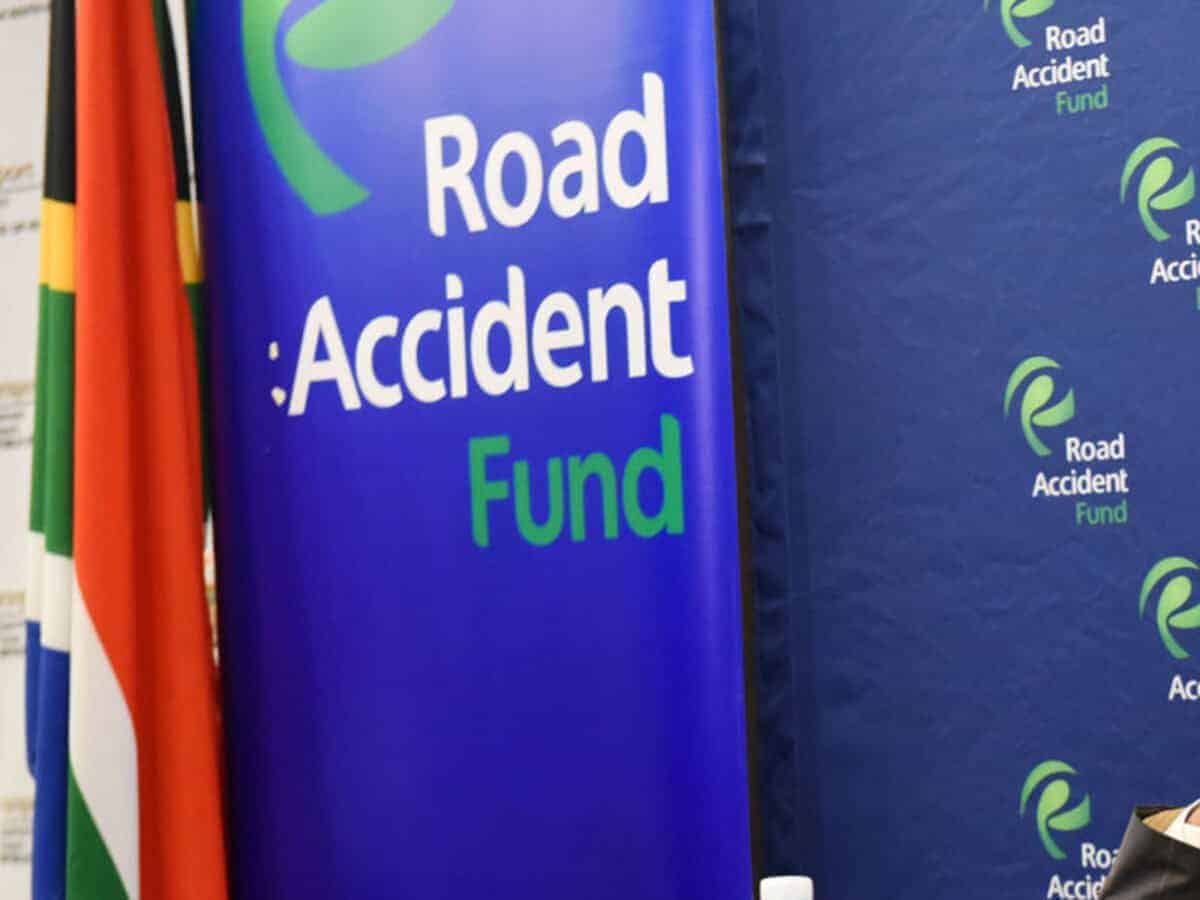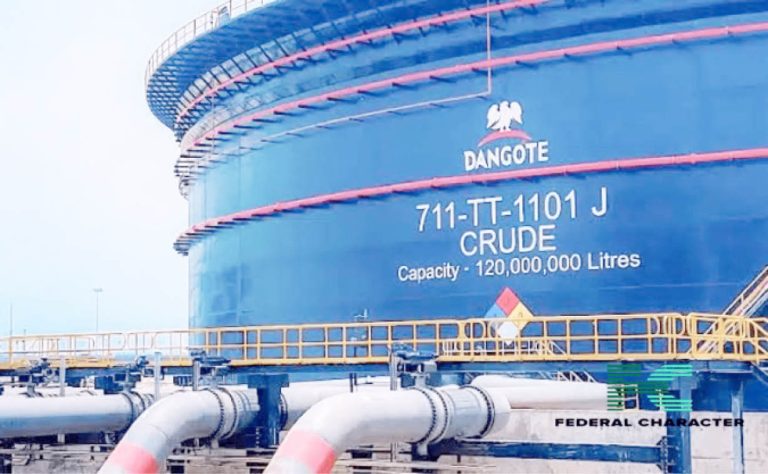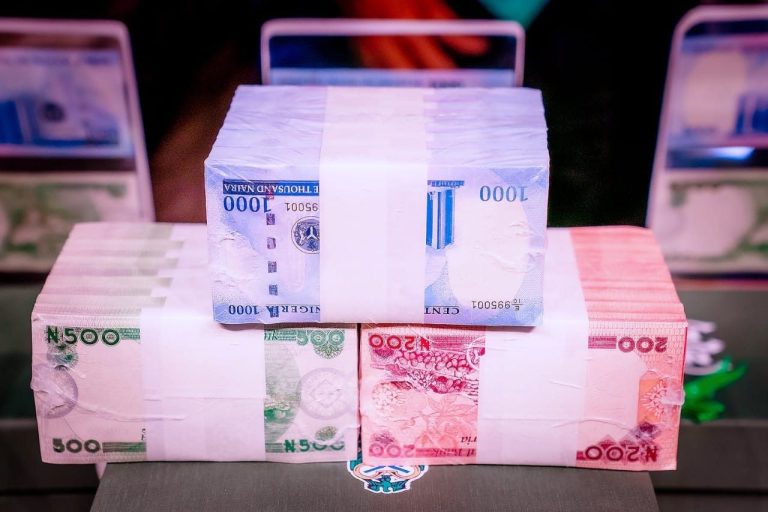
A former executive has revealed how the Road Accident Fund (RAF) was plagued by systemic corruption, fraudulent claims, as well as financial mismanagement, including over R1.2 billion in duplicate payments, preferential payouts to select law firms and even payments to dead claimants.
Sefotle Modiba, who served as RAF’s acting chief investment officer until June this year, painted a picture of an entity ravaged by chaos, corruption and incompetence in an explosive affidavit submitted to the parliament’s standing committee on public accounts.
He testified that the RAF was “days away from financial collapse” when he joined the entity in May 2020.
Ex-RAF executive exposes billions lost to fraud, ghost claims and briber
“When I joined, I was presented with a ‘day zero’ liquidity scenario indicating RAF would not operate beyond December 2020. There were no quality assurance processes, no reconciliations and a complete absence of financial controls,” Modiba said.
Among his most damning revelations is that the RAF’s claims verification system had been deliberately disabled since 2016, making it impossible to detect duplicate payments and, as result, R1.2 billion was paid out on claims that had already been settled.
ALSO READ: RAF liabilities could increase by R400bn
Modiba said investigators had uncovered claims finalised without confirming the identities of accident victims, leading to payouts to falsified identity numbers and ghost claimants.
He revealed there were signs of internal collusion between RAF employees and external stakeholders, including attorneys and medical providers, who ensured that fraudulent or incomplete claims were processed.
Modiba also accused the RAF of maintaining a secretive list of preferred law firms that were prioritised for payment under a scheme called fixed allocations, while thousands of legitimate claimants and other attorneys waited months or even years.
Internal collusion between employees and external stakeholders
In July 2020, Modiba said, the RAF channelled about R3.6 billion in fuel levy receipts to a handful of firms, with payments ranging from claims under 30 days to over 150 days, while the rest waited indefinitely.
He warned these practices deepened the RAF’s massive backlog, which contained thousands of delayed payments.
ALSO READ: Inside PwC’s R8.3 million RAF overhaul contract
In the affidavit, Modiba also detailed a pattern of invalid writs of execution issued by certain law firms and sheriffs, demanding payment for obligations the RAF had settled.
He cited a R1.79 million payment to Sunshine Hospital that had been duly processed and paid on 18 June, 2021, yet a writ was served for the same amount nine months later.
According to Modiba, similar duplicate writs were served for other claims linked to a law firm, leading to unlawful attempts to seize RAF assets.
Medical overbilling
He said “sheriffs attached the RAF’s movable assets and even threatened removal despite proof of payment”.
Modiba also exposed extensive medical overbilling and overservicing by the collapsed Sunshine Hospital in Actonville, including charging for pre-existing conditions, duplicating theatre codes and billing for equipment already covered by ward fees.
ALSO READ: How RAF’s own decisions drove it into crisis
He said patients were often transferred from Limpopo, Mpumalanga, and North West to Gauteng without medical justification and kept in expensive intensive care or high-care units for extended periods despite no clinical need.
“Patients were overtreated and overcharged. Some developed bedsores due to negligence, while others received therapies that were medically contraindicated,” Modiba said.
The affidavit also alleges the existence of bribery syndicates in the RAF, with Modiba revealing he had received anonymous warnings of staff accepting bribes via retail money market counters to prioritise certain claims.
Corruption deeply entrenched
“The corruption was deeply entrenched. There was clear evidence of organised fraud involving staff, law firms and service providers,” he said.
Though these allegations had been known to previous management, no action was taken until he reported the cases to the Special Investigating Unit, according to Modiba, who is on suspension.
ALSO READ: N1 Limpopo bus crash: will foreign nationals get paid out?
The committee, chaired by Songezo Zibi, is conducting an inquiry into allegations of maladministration, financial mismanagement, wasteful and reckless expenditure and related financial misconduct at the RAF.
Today, RAF security manager Stephen Msiza will testify on the procurement of bodyguards for the former CEO, Collins Letsoalo, that exceeded the R480 000 limit set by the RAF board.



